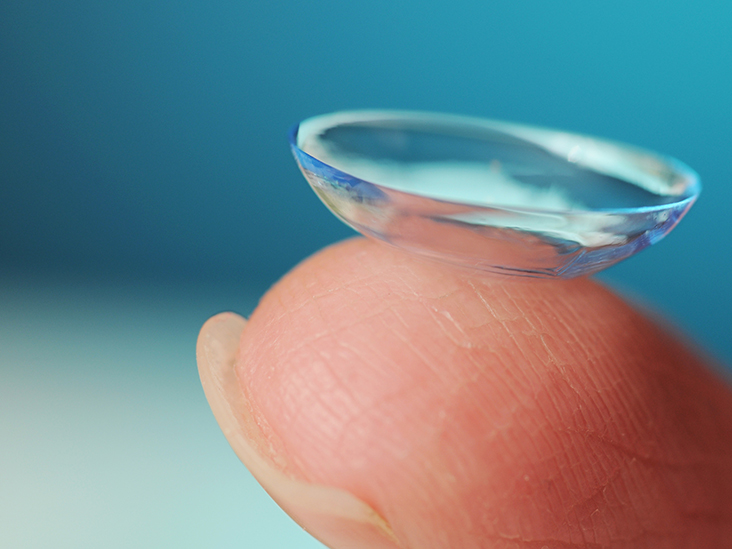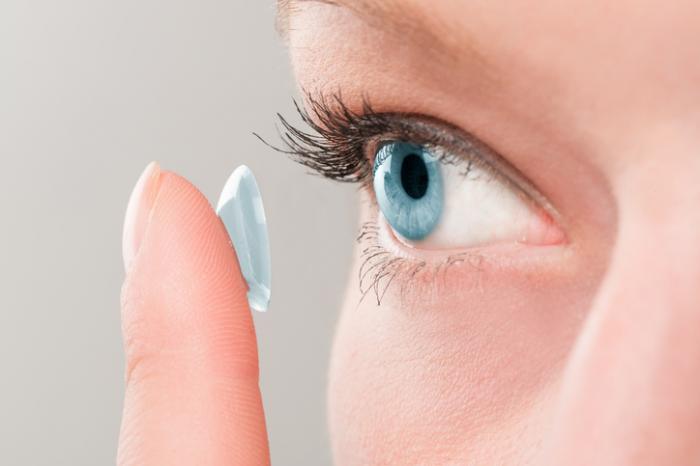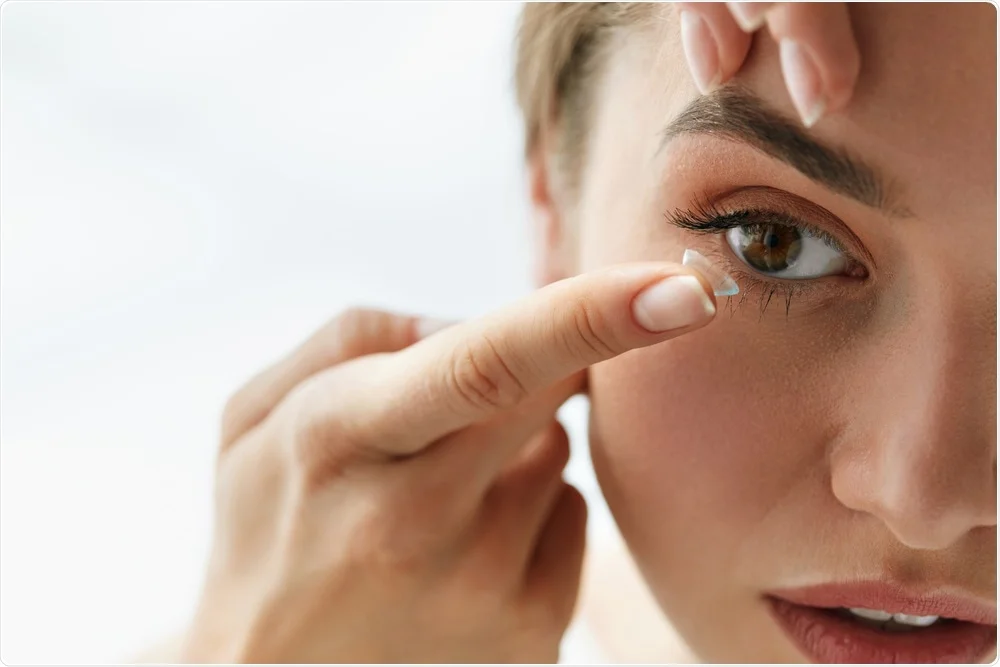
This Could Be A Cost Effective Solution For Cancer Screening
However, finding these exosomes in saliva, urine, or blood is a labor intensive process, so researchers have turned to tears as an alternative bodily fluid to use for this purpose. A good way to collect tears can be through the use of contact lenses.
The exosomes that are found in particles can be critical in the metastasis of cancers, particularly when the tumors begin to move around from one part of the body to another. The methods used to screen this now involve using bodily fluids in centrifuges and density gradients, which is an effective but time consuming method, often taking ten hours to accomplish. Of course, the highly specialized equipment doesn’t make matters any easier.
Exosomes are rather easy to detect in tears, especially since they can be collected through a contact lens that have been equipped with nanoparticles that track certain antibodies and then react to the molecules on the surfaces of these exosomes.
A report in the Advanced Functional Material journal outlined how the team tested this in vitro first. The nanoparticles, that were gold, reacted to the exosomes in a liquid that had the same pH level of human tears and also real human tears. The nanoparticles were engraved onto the lens using a laser and were modified with chemicals in order to have a good level of transparency and safe for human usage.
The scientists found that the technology would be able to tell the difference between the surface proteins of exosomes that could be cancer biomarkers.
The contact lens was created by the Terasaki Institute for Biomedical Innovation (TIBI) in Los Angeles. TIBI’s Director and CEO, Dr Ali Khademhosseini, shared in a statement: “Exosomes are a rich source of markers and biomolecules which can be targeted for several biomedical applications. The methodology that our team has developed greatly facilitates our ability to tap into this source.”
The team believes this could be an easy, fast, and non-invasive solution to screening for cancer and also finding supportive diagnosis. This could also be a great cost effective solution.

These Contact Lenses Could Detect Cancer








